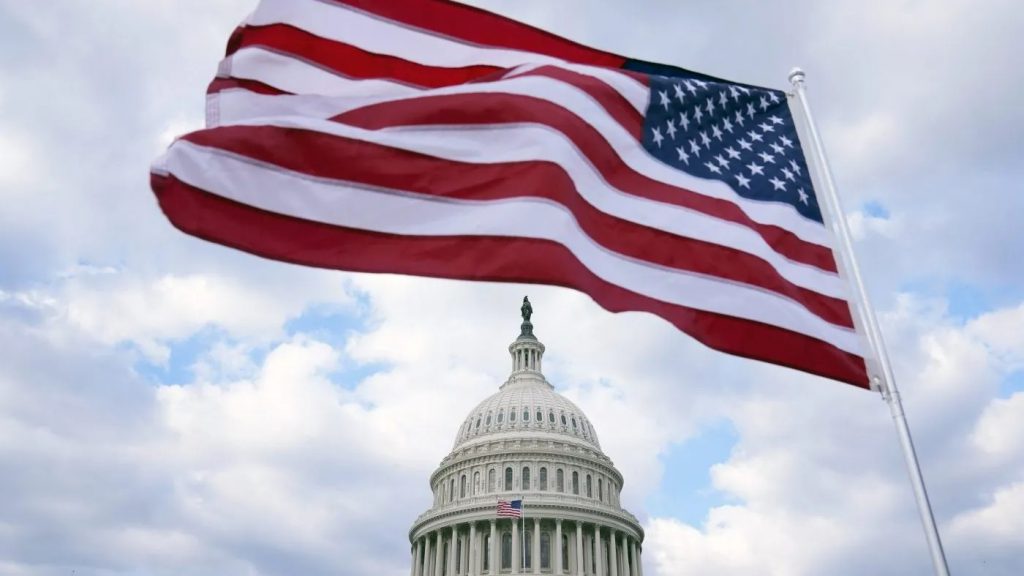The FTC today voted 3-2 to ban noncompete agreements in employment contracts. This is considered a big win for millions of workers who are bound by the agreements. Major labor unions immediately put out statements praising the ban.
The FTC says the ban will apply to all workers entering into new employment agreements. This means that anyone applying for a new job wouldn’t be forced to sign a noncompete. Additionally, workers with existing agreements are no longer enforced by noncompetes. Hence, companies could no longer stop their employees from taking jobs with competitors.
Also Read: Post Halving Solana (SOL) Eyes $300; Here’s When It Can Breach It
“Noncompete clauses keep wages low, suppress new ideas, and rob the American economy of dynamism, including from the more than 8,500 new startups that would be created a year once noncompetes are banned,” said FTC Chair Lina M. Khan. “The FTC’s final rule to ban noncompetes will ensure Americans have the freedom to pursue a new job, start a new business, or bring a new idea to market.”
FTC’s Noncompetes Ban Expected To Help Millions


This rule was first proposed in January 2023, with many employees speaking in favor of the proposal. The FTC says it expects the ban to increase workers’ wages by up to $488 billion over the next decade, with the average worker’s earnings rising an estimated $524 per year. Furthermore, the decision could affect up to 30 million Americans, approximately one out of five workers, in jobs ranging from minimum wage to executives.
Furthermore, the rule is expected to take effect in 180 days. However, this timeframe may be delayed, as the U.S. Chamber of Commerce plans to to sue the FTC.
Also Read: SEC Sued by Crypto Industry Groups Over Dealer Rule Expansion
“The Federal Trade Commission’s decision to ban employer noncompete agreements across the economy is not only unlawful but also a blatant power grab that will undermine American businesses’ ability to remain competitive,” Chamber of Commerce CEO Suzanne Clark said in a statement.





